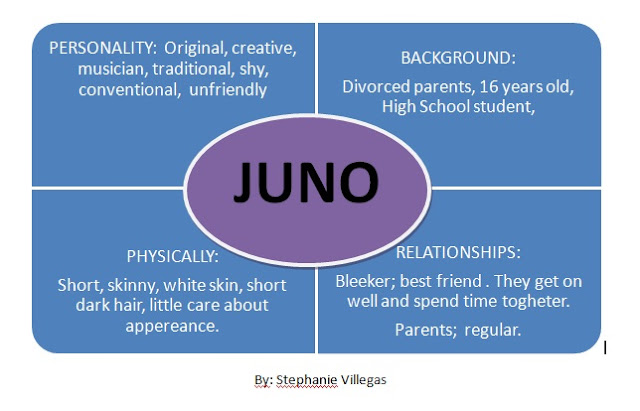
FRIENDSHIP
Friendship is a personal relationship shared between each friend for the welfare of other, in other words, it is the relationship of trust, faith and concern for each other feelings. It is a relationship of mutual caring and intimacy among one another.
LOVE

A feeling of strong attachment induced by that which delights or commands admiration; preeminent kindness or devotion to another; affection; tenderness; as, the love of brothers and sisters.
RELATIONSHIP
the attitude or stance which two or more persons or groupsassume toward one another relation
an aspect or quality (as resemblance or causality) thatconnects two or more things or parts as being or belonging orworking together, as being of the same kind, or as being logicallyconnected strong relation between genotype and phenotype.

FAMILY
The collective body of persons who live in one house, and under one head or manager; a household, including parents, children, and servants, and, as the case may be, lodgers or boarders.
INVOLVED RISKS IN SEX IN ADOLESCENCE
There are thousands of risks when having sex in adolescence. Abstaining from sex and sexual play is the only sure method to avoid catching an STD and to prevent an unplanned pregnancy. Although it may not prevent a pregnancy, having sex within a committed, monogamous, long-term relationship with someone who has tested free of any STDs is also generally considered to be safe sex.

ADDICTIONS
AN addiction meets two criteria:
You have difficulty controlling how much you use or how long you use.
You continue to use even though it has negative consequences to your life.
INTENTIONS WHEN HAVING SEX
Early sexual activity can bring with it serious short and long term health consequences as well as have negative effects on youth, their family, offspring, and society as a whole. It appears that intentions to have sex in the future are not as different between males and females once they become sexually active.

PREGNANCY
The state of carrying a developing embryo or fetus within the female body. This condition can be indicated by positive results on an over-the-counter urine test, and confirmed through a blood test, ultrasound, detection of fetal heartbeat, or an X-ray. Pregnancy lasts for about nine months, measured from the date of the woman's last menstrual period (LMP). It is conventionally divided into three trimesters, each roughly three months long.
ABORTION

medicine, an abortion is the premature exit of the products of conception (the fetus, fetal membranes, and placenta) from the uterus. It is the loss of a pregnancy and does not refer to why that pregnancy was lost.
ILLNESS
Maladity of either body or mind the symptoms of which may be physically unobservable. Within general medical practice, disease is nearly synonomous; however, illness has a more general connotation encompassing the subjective aspects of the patient as a whole rather than just physical or diagnostic symptoms; thus an alternative medical practitioner may prefer to treat illness rather than only the disease.

























